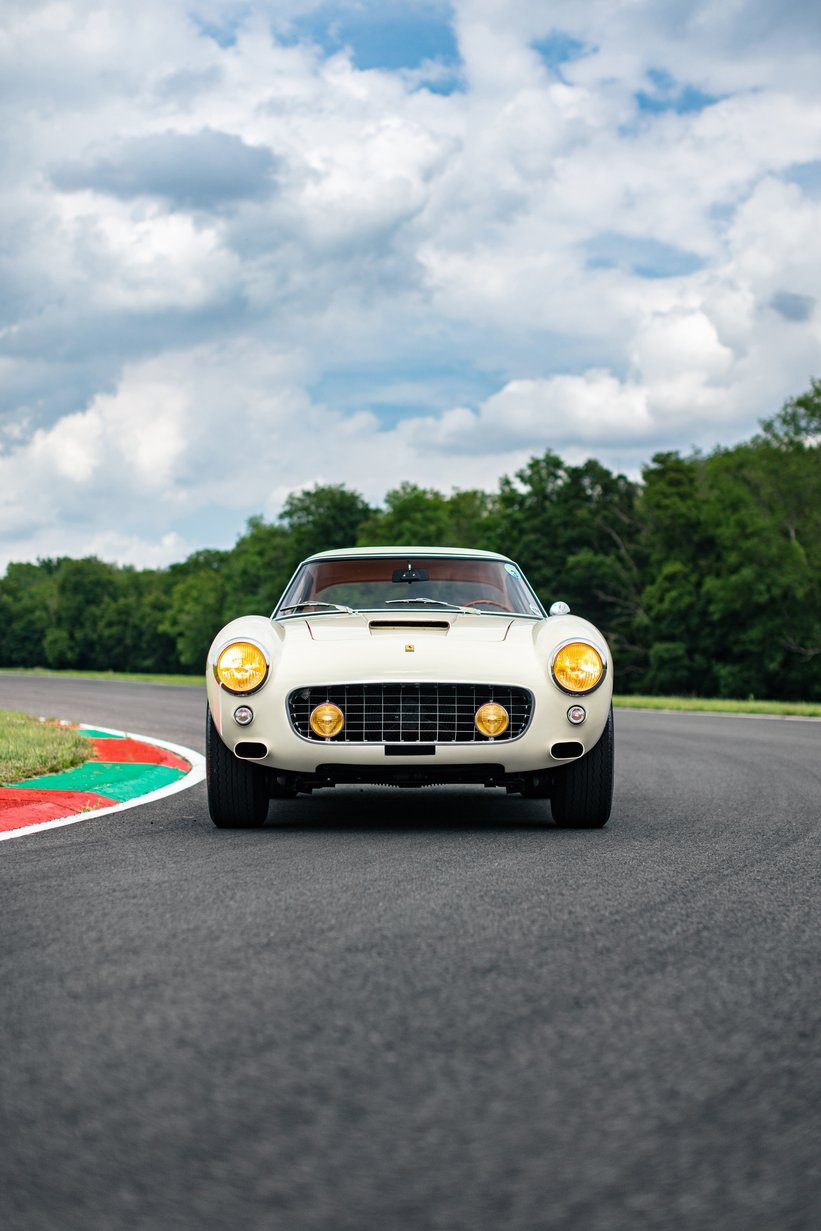
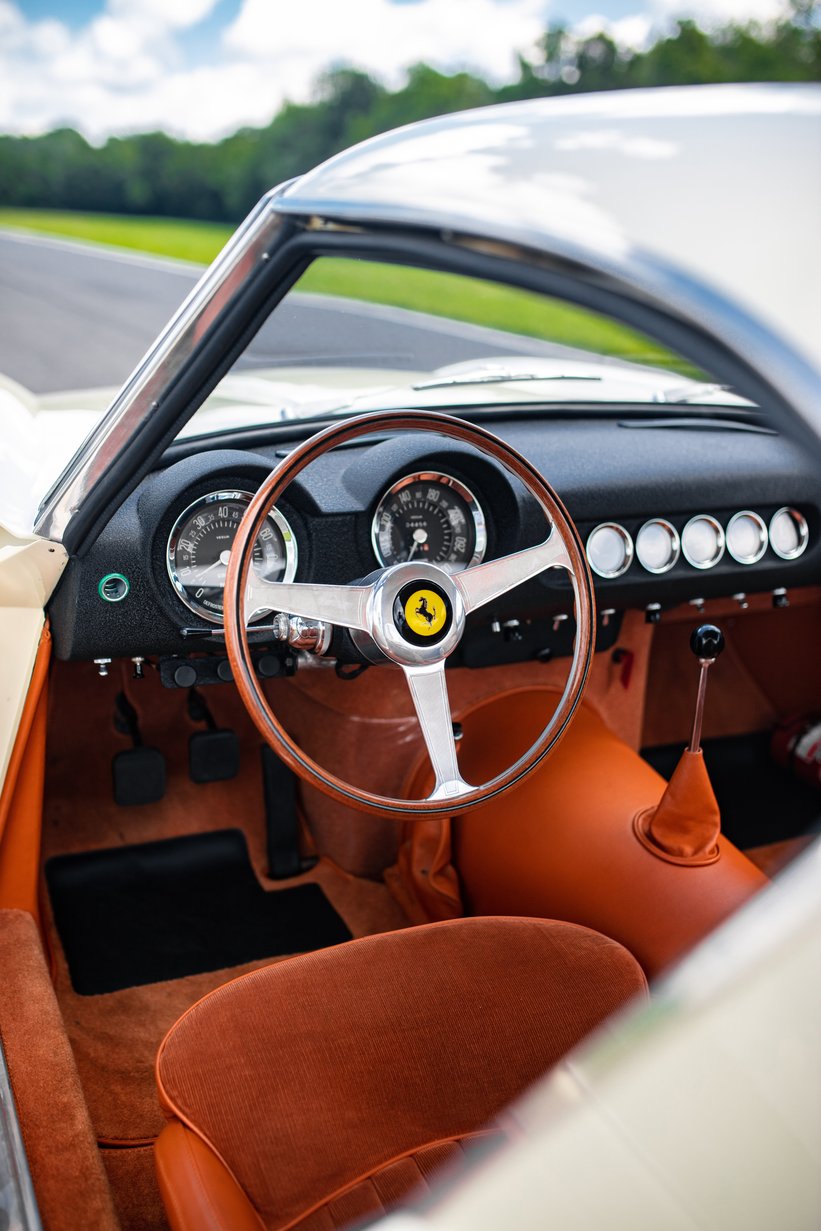
The Grand Palais in Paris hasn’t just welcomed any Ferrari 250 SWB in the past: this is where the car was unveiled back in October 1959 at the annual Salon de l’Automobile. The car came after the interim version and used a shorter chassis (2,400mm) hence its name Passo Corto in Italian, which translates to Short Wheel Base. With its pure design by Pininfarina, low weight, well sorted suspension, disc brakes and high power thanks to a 3.0-litre Colombo V12 engine boosted to almost 300hp, this car was both an impressive competition tool and a very desirable model.
It wasn’t long before it was contesting the most challenging events of the era, Le Mans and the Tour de France being two of them. The 250SWB has three successive class victories at Le Mans and won the Tour de France three years in a row in 1960, 1961 and 1962.
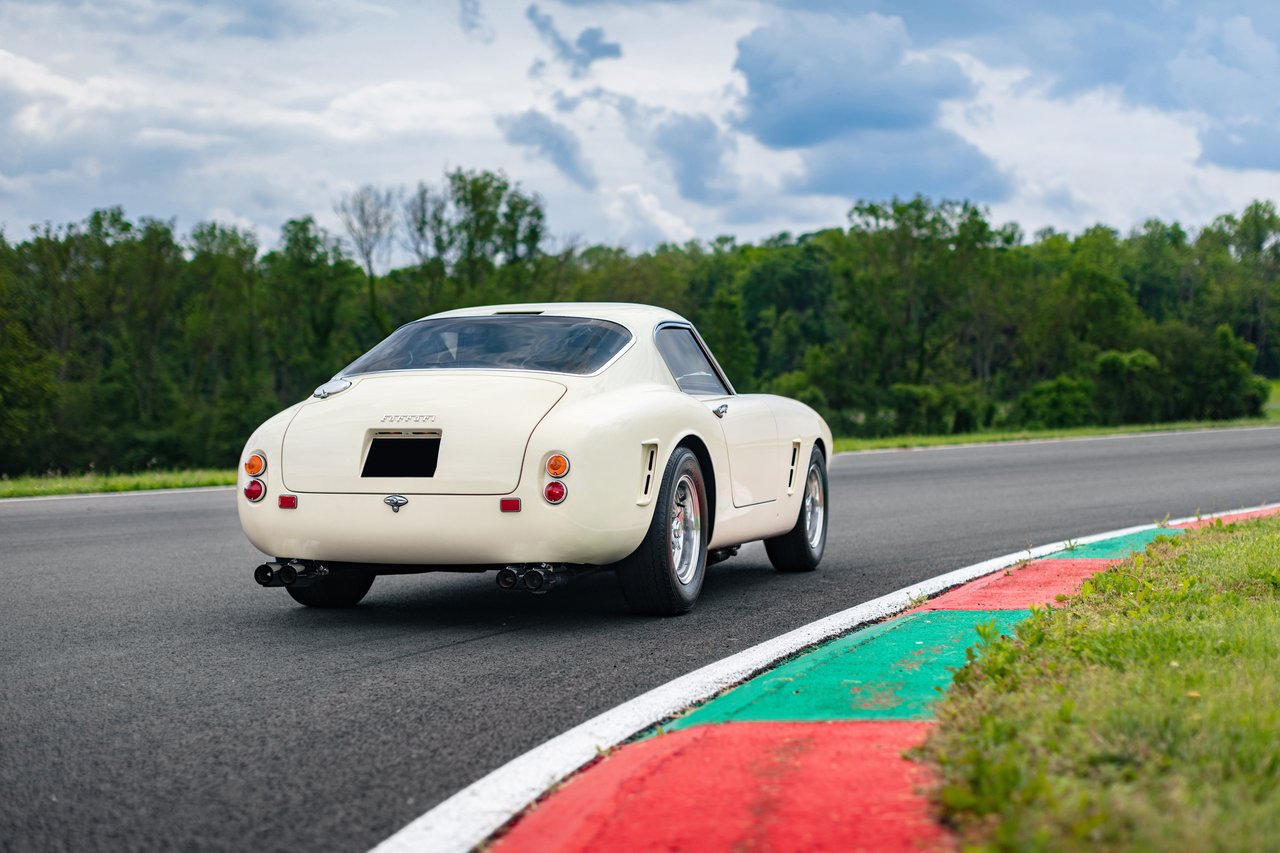
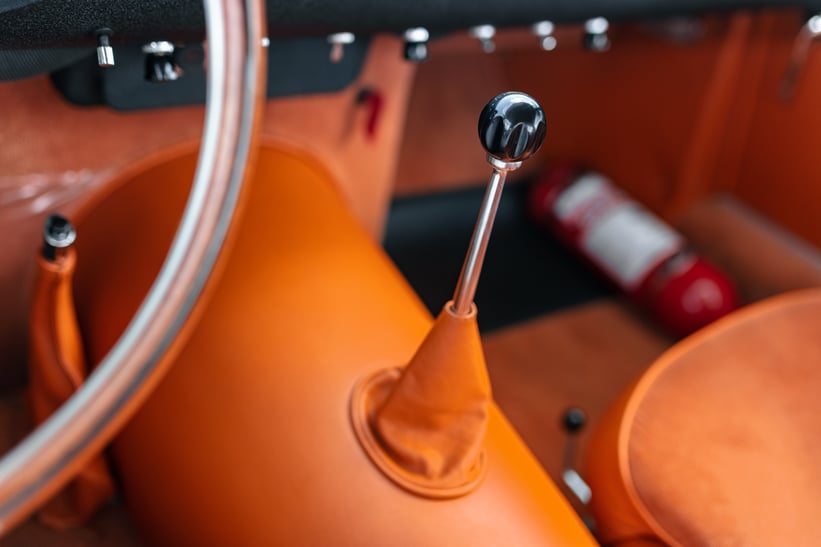

Today’s Tour Auto is slightly more civilised, but it’s still a challenging five-day rally mixing special stages on closed French public roads with track sessions on various circuits. The 250SWB has always been at home on Tour Auto, both the Lusso steel-bodied version mostly seen in the regularity class and the aluminium-body racing version seen in competition class. And as Tour Auto has made the Grand Palais its starting point of choice in recent years, seeing numerous 250SWBs back in the place where the car was unveiled has always been a treat for the eyes.
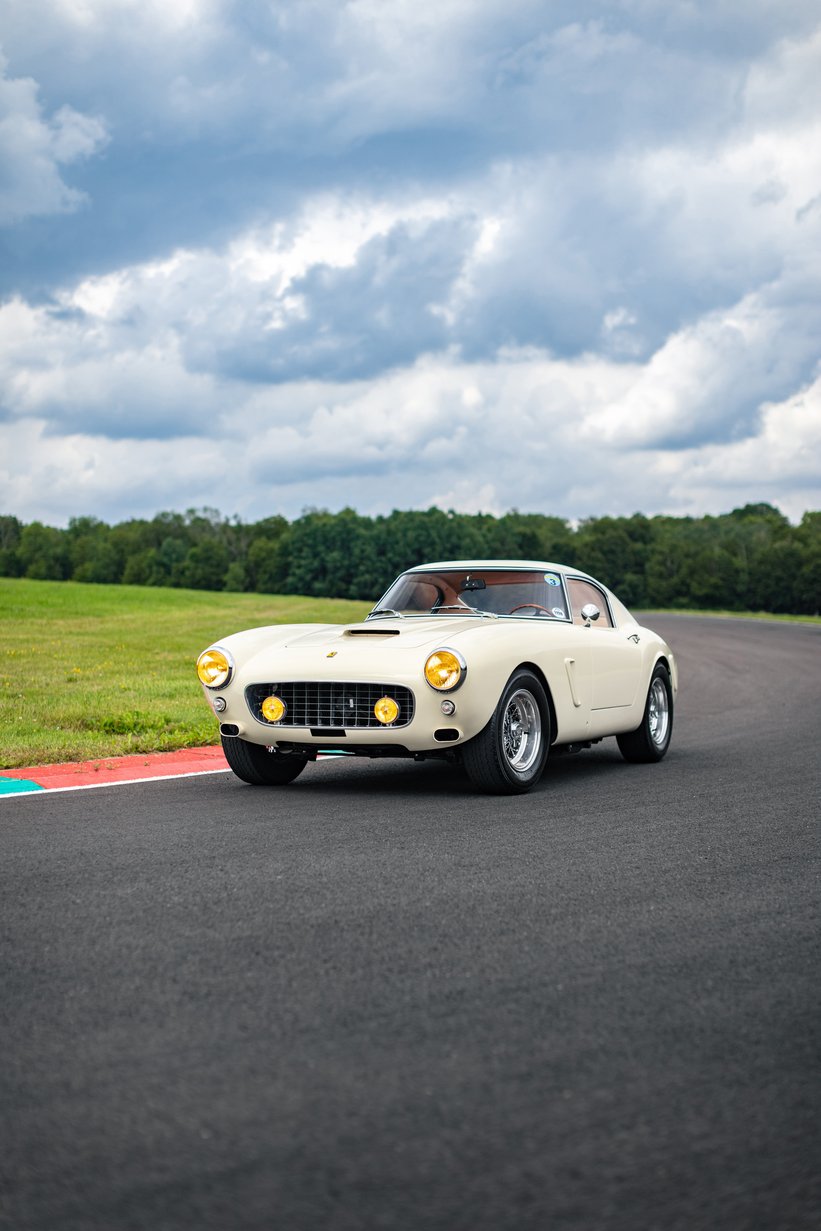
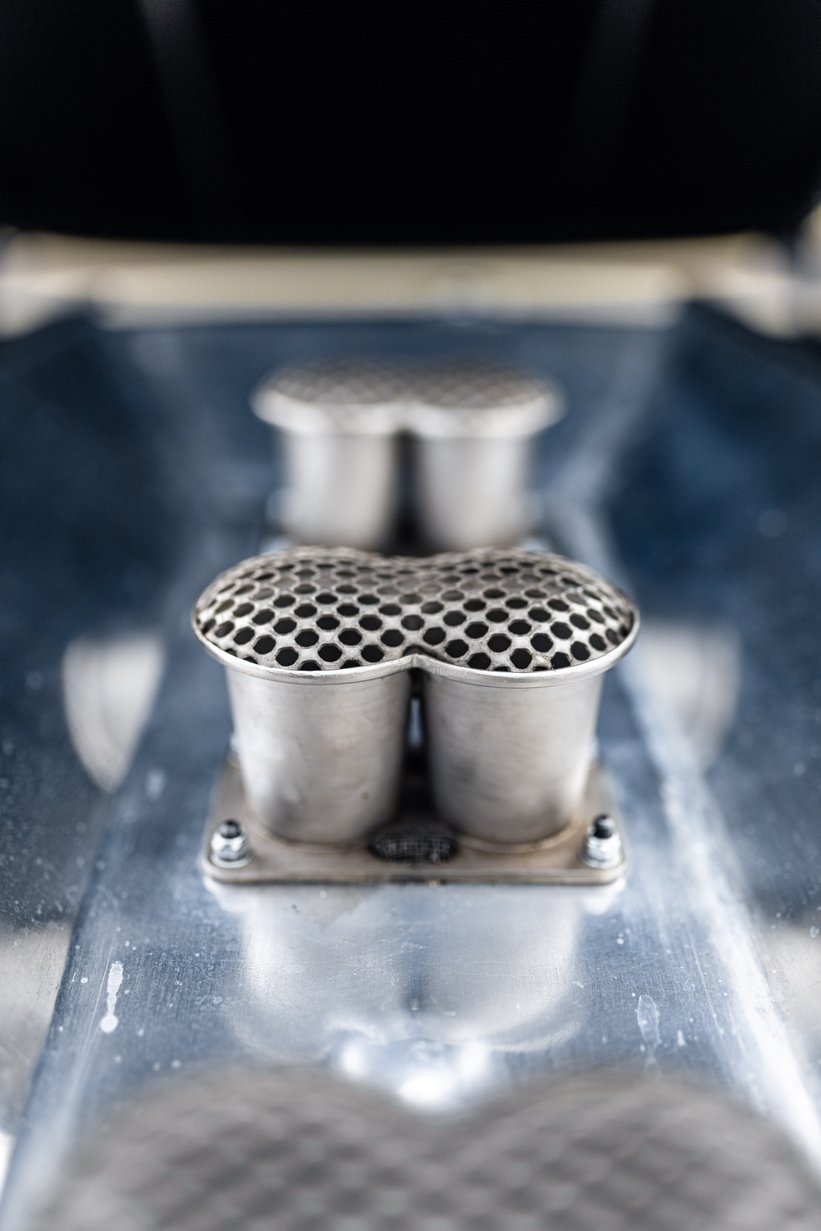
This year will be no exception, apart from a few changes: firstly, like last year, Tour Auto will happen in the first week of September, not in April. And, for the first time in quite a while, it won’t start from the Grand Palais (which has been closed for an ambitious renovation program), but from the Grand Palais Ephémère, a sleek, contemporary-looking temporary structure designed by Wilmotte and Associates, built on the Champs de Mars next to the Eiffel Tower.
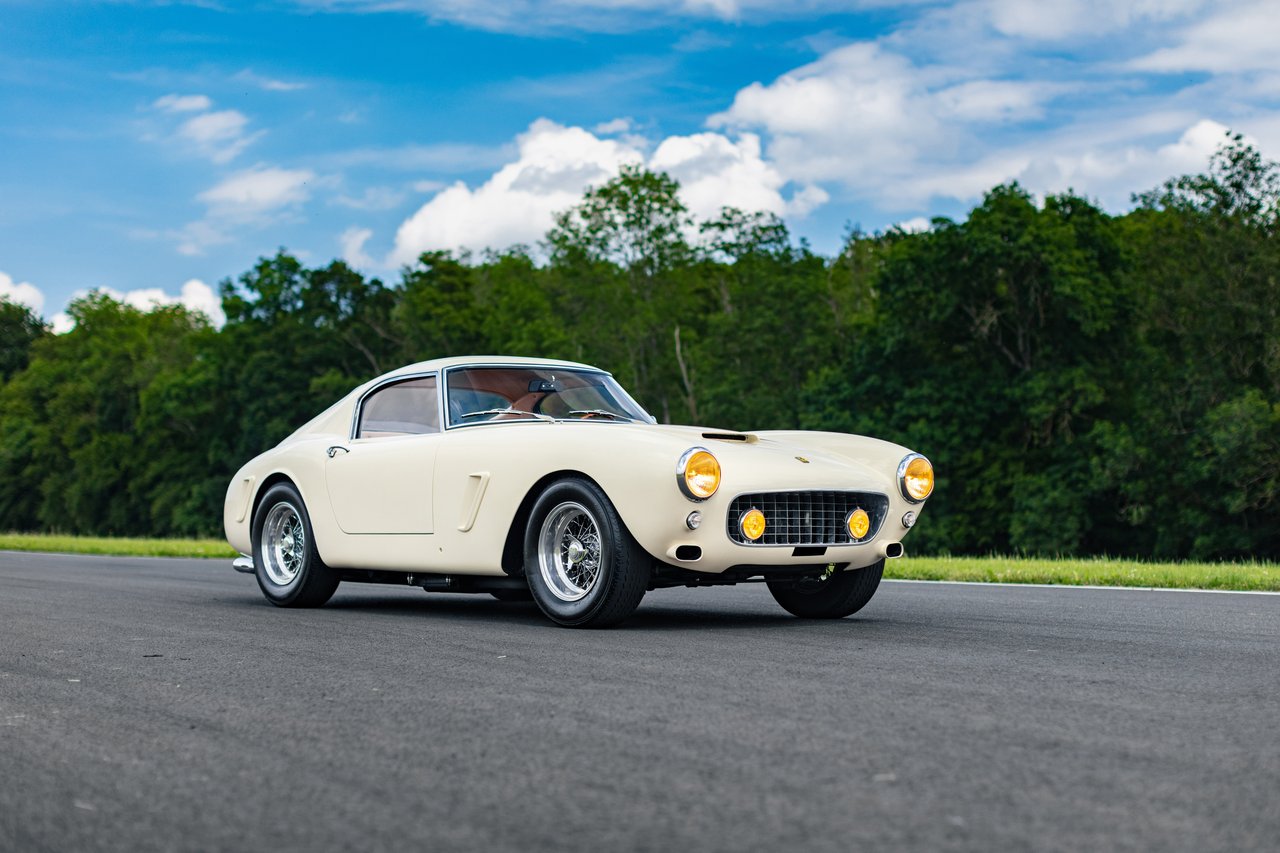
As for the 250SWB, this year’s Tour Auto promises to be memorable, since the rally will celebrate the legendary model, and eight are expected to take part. Half of them will be genuine cars, the other half will be described as ‘continuation’ cars, as the organisers have decided to soften the eligibility rules, allowing cars that are based on a Ferrari 250 chassis and built to the same standards as the original examples.
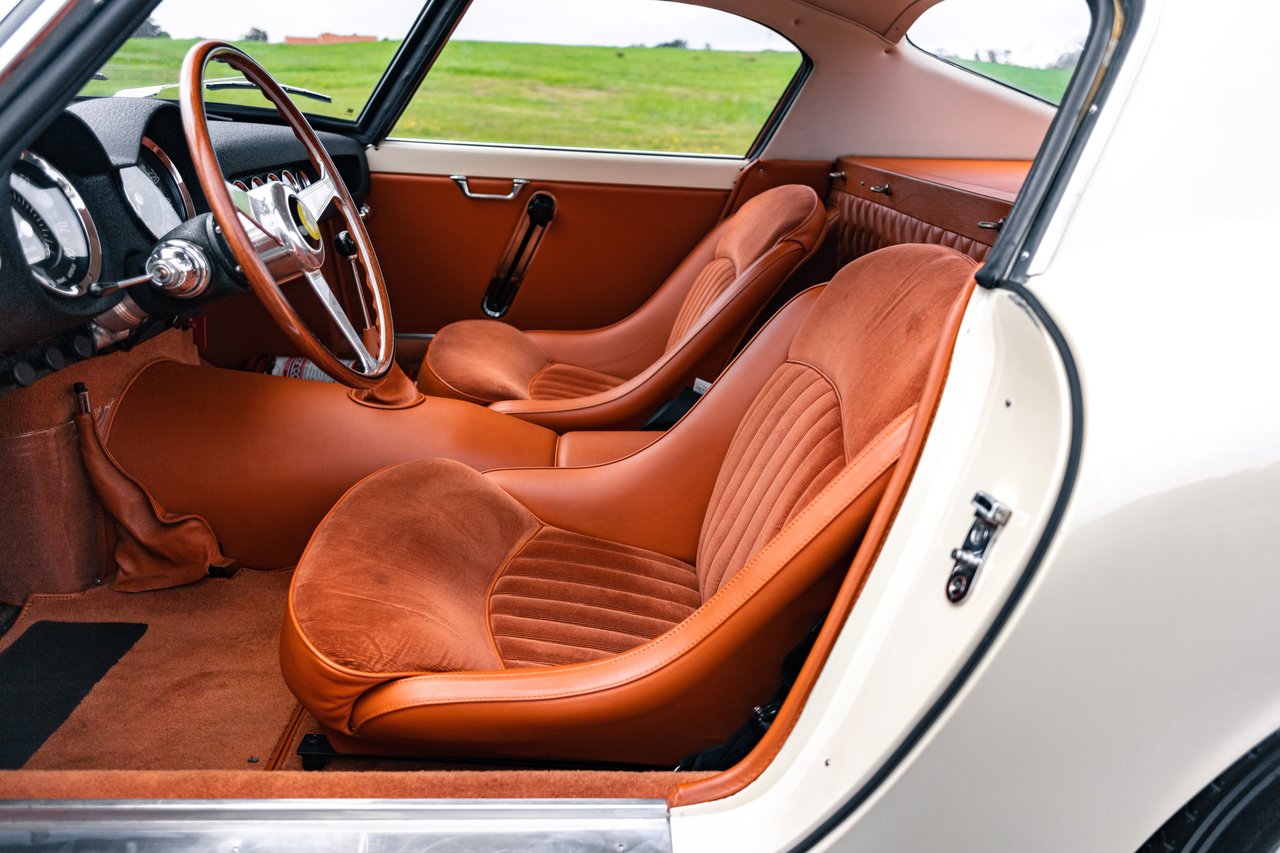
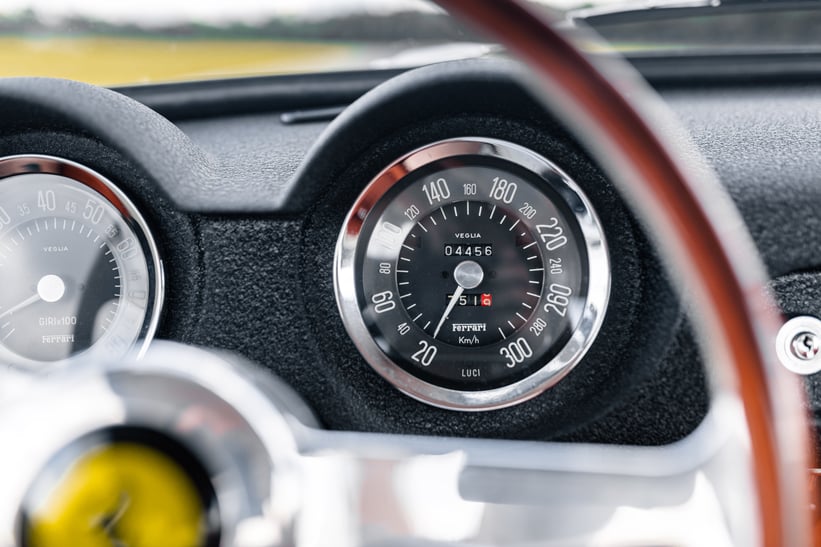

This is exactly what this 250 SWB Continuation is about. It’ll be the star of Aguttes' first auction in partnership with Peter Auto for the start of the Tour Auto. Called ‘Tour Auto – La Vente Anniversaire’, the auction will not only offer seven very special cars for sale, but also wines, watches, contemporary art pieces by Jon One, etc...
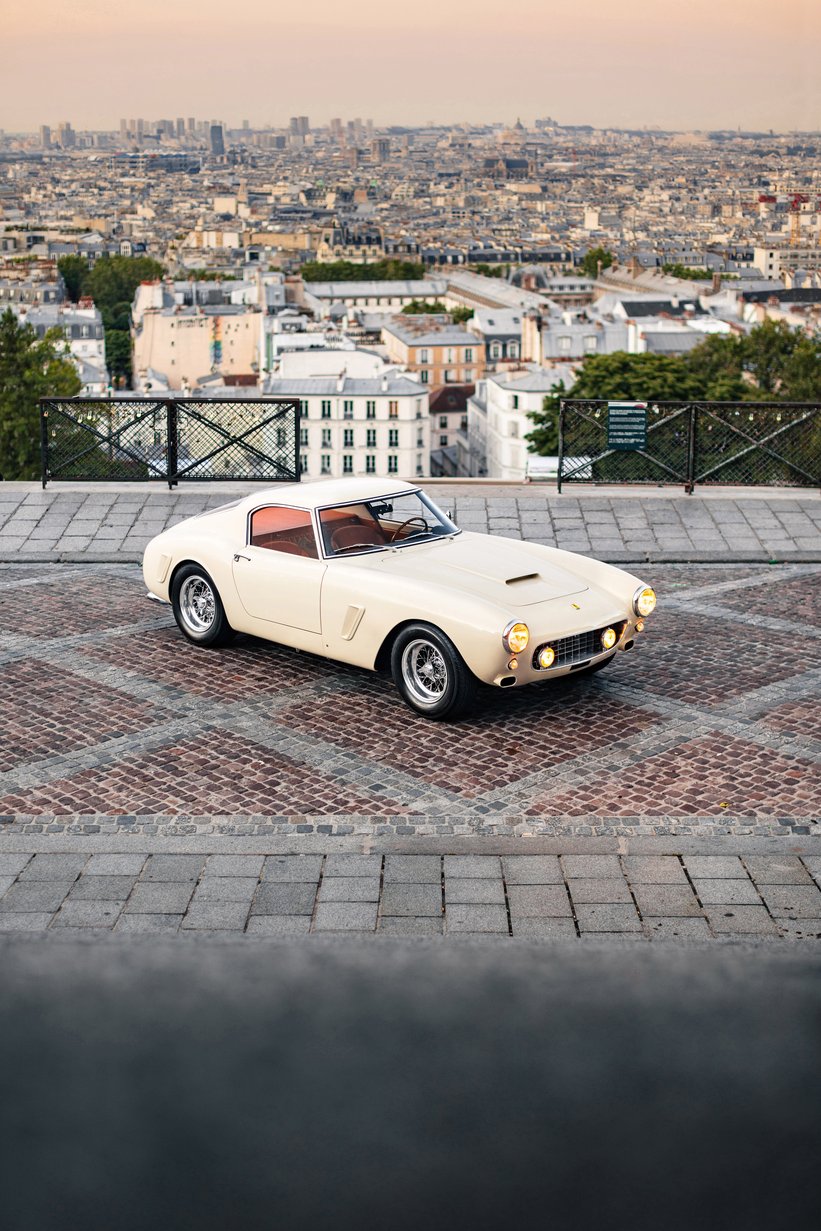
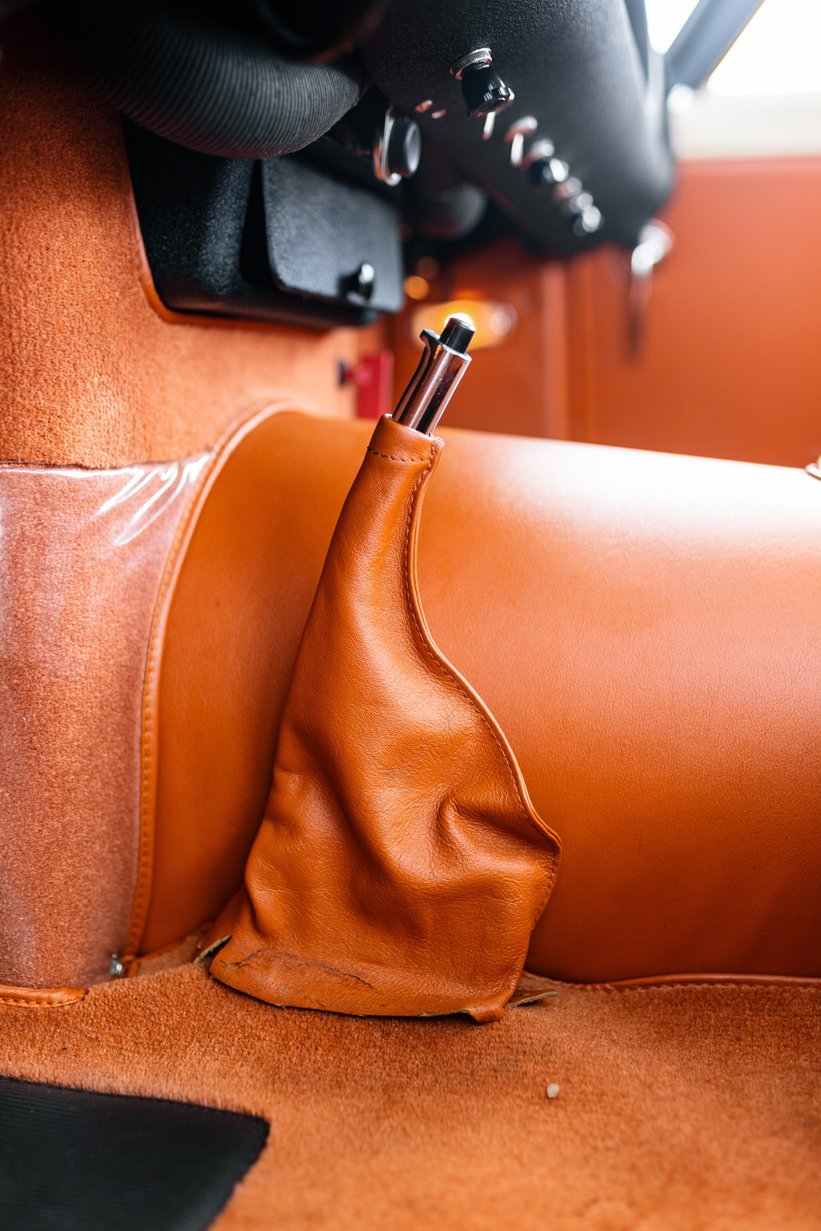
The 1962 Ferrari 250 GT Berlinetta SWB Continuation offered for sale by Aguttes is pretty special. It’s a very accurate recreation of one of the 75 aluminium-bodied 250 GT Berlinetta SWB Competiziones. The best artisans around Modena patiently crafted the car for a renowned Ferrari expert, who then sold it to a gentleman driver who’s maintained it at the highest level. The cherry on the cake is that Peter Auto has officially confirmed this special car is eligible to take part in Tour Auto and the Greatest Trophy series, racing on tracks.
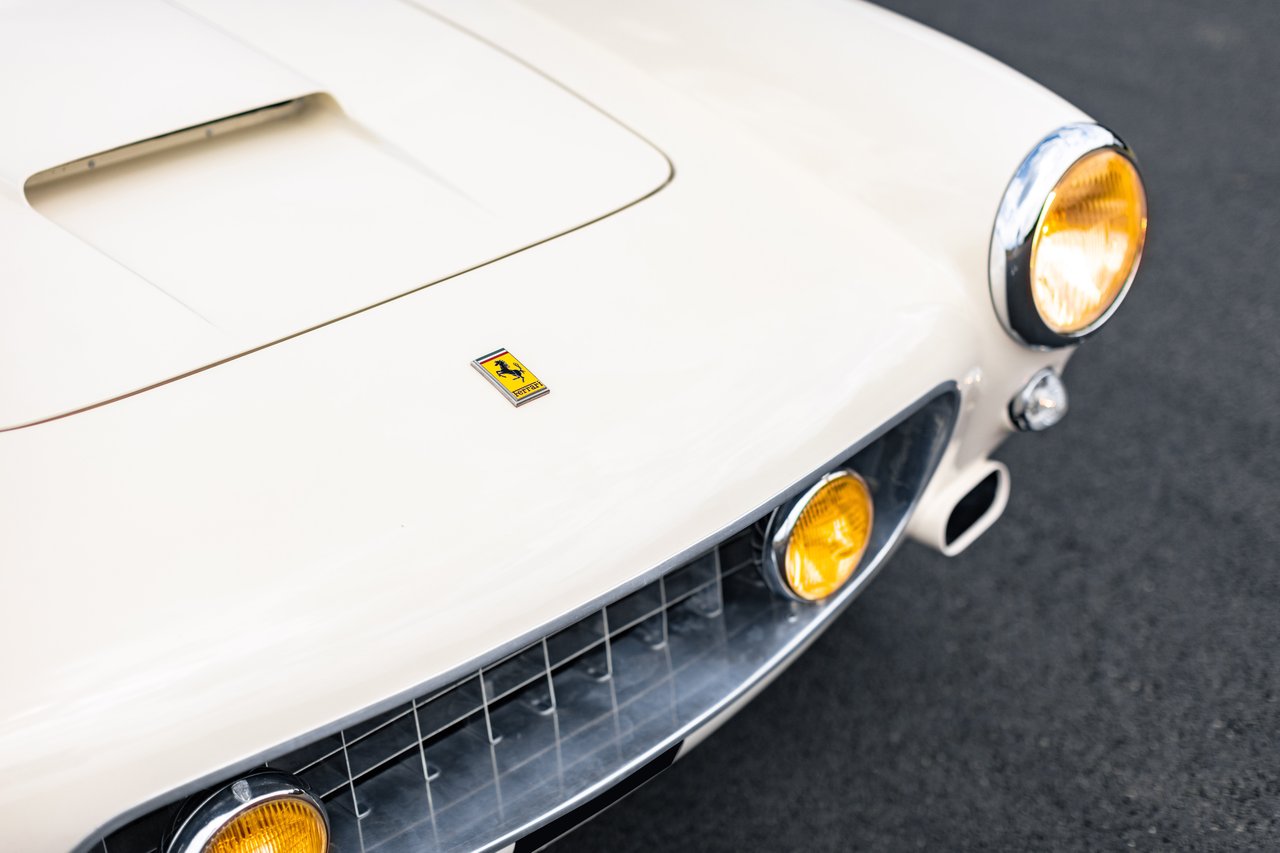
As Gautier Rossignol, the head of Aguttes On Wheels department tells us: “This car is sold with a huge amount of photos and files that document how it was completed step-by-step. The quality of work is impressive, since it was performed by the best Italian restorers for a Ferrari expert who also has a huge knowledge of these cars.”
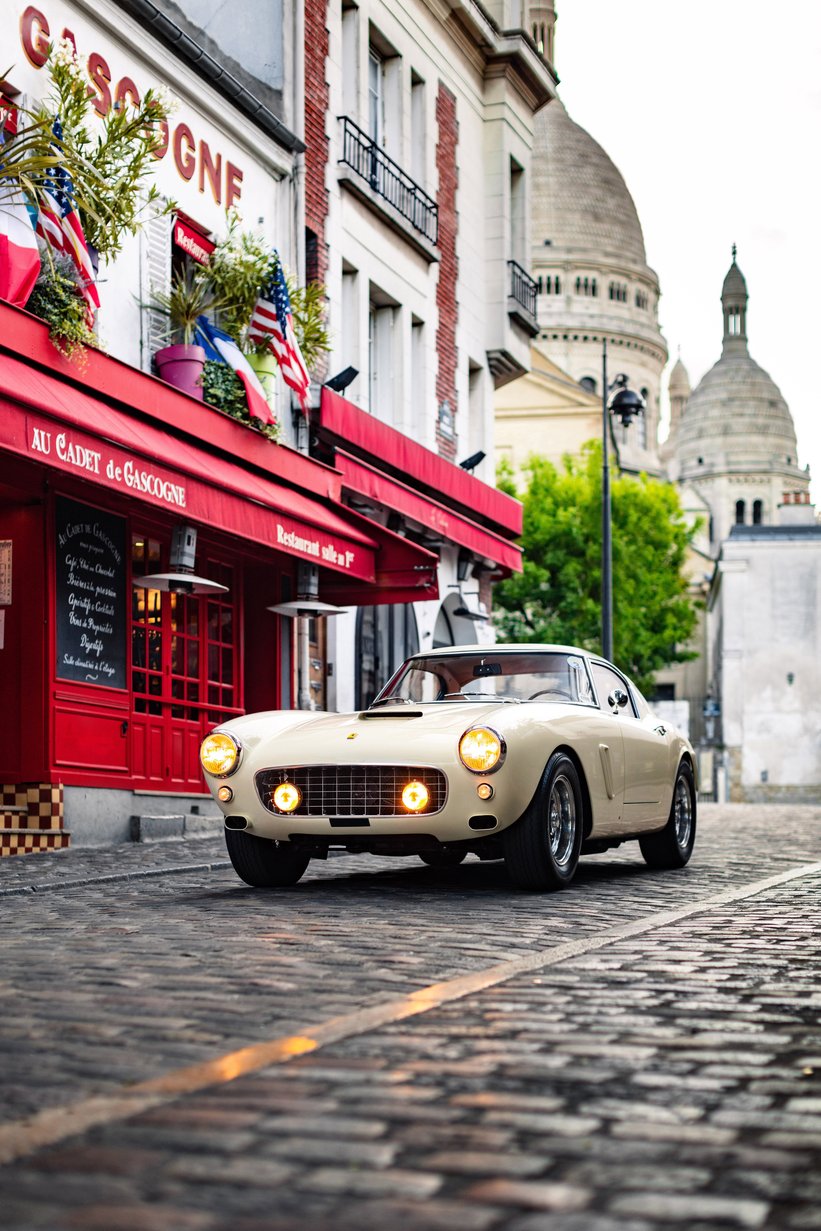
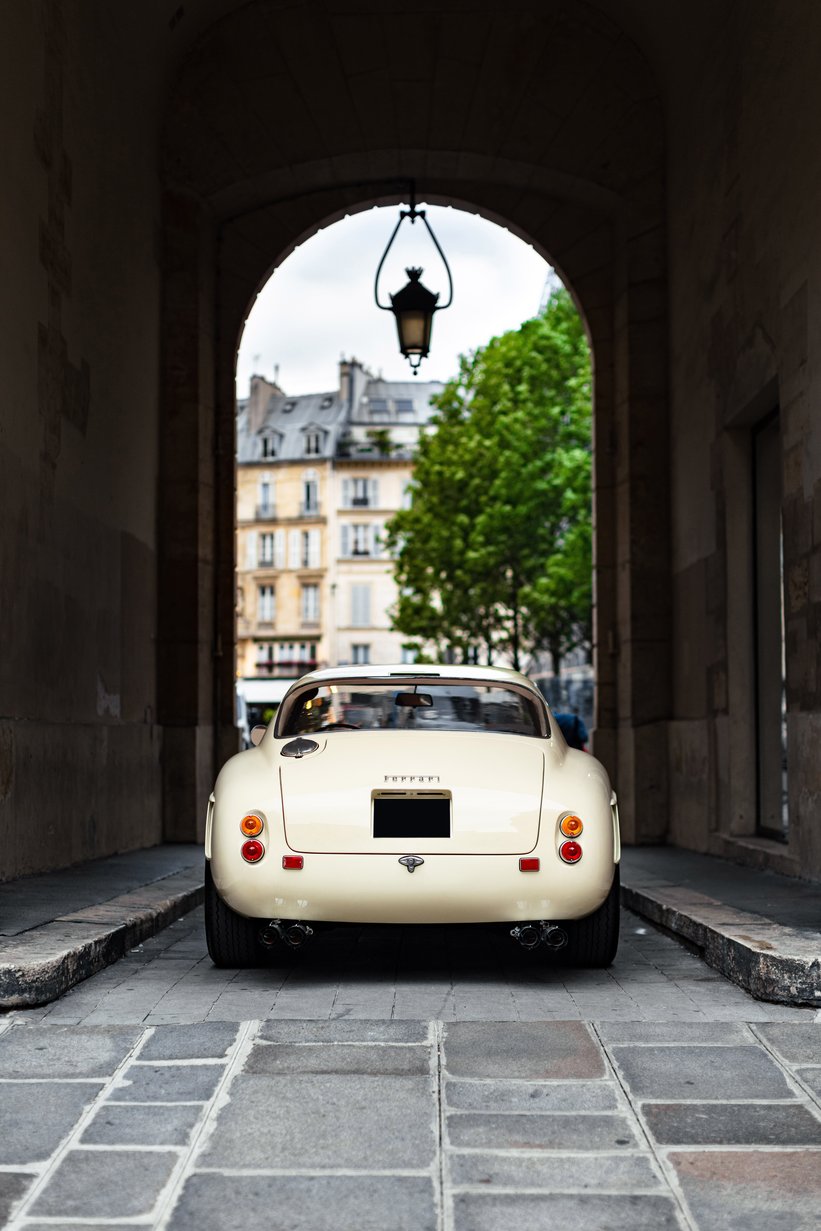
It’s true that the names of the workshops involved will be familiar to historic Ferrari owners. This car is based on a 1962 250 GTE with the chassis number 3369GT, delivered new in Rome, as the chassis, engine, axle and running gear of these two models are very similar. Over a period of three years between 2013 and 2016, the chassis was brought up to racing standards (2.41-metre wheelbase) by the renowned specialist Reggiani near Modena. The aluminium bodywork was carried out by the Bacchelli & Villa workshop, also known as Carrozzeria Autosport, in Bastiglia, who confirmed this car will be their last continuation, since they now only do restorations. The engine passed into the expert hands of Toni Auto, the famous workshop based in Maranello. The car is accurate down to the smallest details, such as the magnesium carburetors and the drive of the fuel pump by the left camshaft.
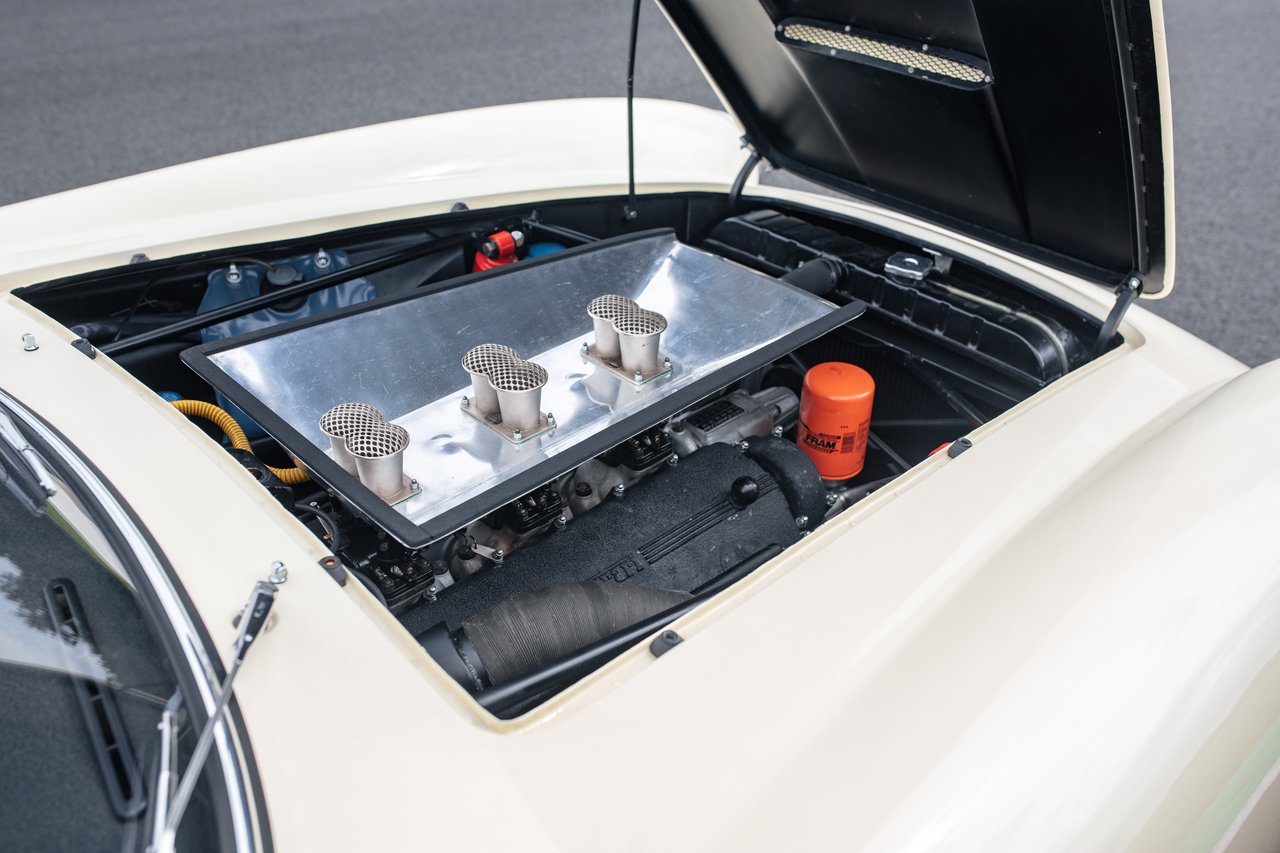
As Rossignol tells us: “the proportions, the alignments... the result is amazing. The quality of the paint is also outstanding and the Avorio beige color truly stands out when you see the car in the flesh. The interior has a very special atmosphere with its long gearlever, the controls on the dashboard and the orange-brown upholstery redone in Maranello by Luppi.” A few reversible changes have been made, such as the rebuilt gearbox converted to five speeds by GTO Engineering in the UK, the smaller steering wheel to ease the access on board and the cigar lighter plug on the left of the steering wheel.


Rossignol has had the privilege of driving the car and the experience did not disappoint: “We drove on the twisting Circuit des Ecuyers track and I was amazed: it literally turns flat, only crashing very lightly on the outer suspension, which offers a great driving feeling. The brakes are really good, too; the gearbox is very precise and firm and I had memorable driving sensations with the V12 screaming once you go over 5,000rpm before plunging into another corner. You just can't get enough of it!”

Carefully maintained by its current owner, a gentleman driver who has mostly taken it out for Sunday drives and leisure rallies, the car has just been fully overhauled by Ferrari Pozzi in Levallois-Perret. The decision was made by the perfectionist owner to have Pozzi rebuild the upper part of the engine – an invoice totaling over
Photos: Kevin van Campenhout © 2021




















































